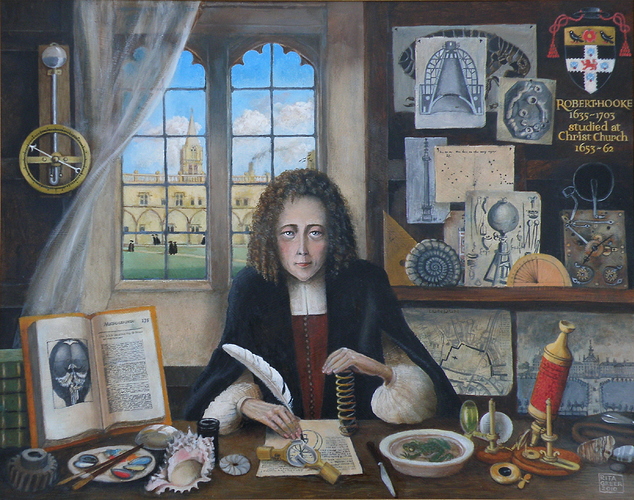At Public Seminar, literary scholar Tita Chico looks at the history of science to show that it has never been purely about facts and data. Rather, imagination and metaphor have played integral roles in all facets of the scientific process. It’s important to realize this, notes Chico, because right-wing conservatives today try to exploit the indeterminate and tentative nature of science to deny climate change. But as Chico demonstrates, science wouldn’t be science if the “soft” dimension of imagination didn’t complement “hard” facts and data. Here’s an excerpt:
Yet early scientists also embraced their imaginations. Boyle, Hooke, and their colleagues could articulate and advocate for their new, empirical approach to the natural world only because they used their imaginations and literary and rhetorical devices. Natural philosophers used metaphors to understand and communicate their findings — Boyle described combustion, in turn, as a sponge, a bow, a piece of wool. “Facts” may have been presented as singular instances, but they were actually composites, subject to the discernment and discrimination of the scientist. Another Royal Society colleague, Henry Baker, who helped popularize the microscope, celebrated science because of the wonders it provided for the imagination. Natural philosophers themselves could be depicted metaphorically, as when Hooke converts the human body into a scientific instrument, by calling the scientist “a sincere Hand and a faithful Eye” or historian Thomas Sprat speaks of the members of the Royal Society itself as a “Union of Eyes, and Hands. ” Stripping the group of any subjective qualities, he imagines a community through metonymy. The idea may have been to guarantee the group’s impartiality as dispassionate purveyors of truth. But even these instrumentalized body parts, separated from the corporate body as a whole, still require adjectival modifications (“sincere,” “faithful”) that remind us that there is a human peering through the microscope’s lens and telling us what he sees. The point is this: early scientists regularly acknowledged that imaginative thinking necessarily informed what might or might not be discovered, what counted as a fact and what didn’t. They understood that person performing the experiment was not a dry, staid instrument, but a living, creative individual.
From the beginnings of experimental science, then, the role of the imagination has been central yet obscured. This is part of the story I tell in The Experimental Imagination: Literary Knowledge and Science in the British Enlightenment. Early scientists relied upon imaginative gestures and concepts, but their stated praxis could not accommodate imagination’s vagaries. Deeply concerned that their discoveries be treated as reliable, they often chose to ignore the constitutive role of the imagination as itself a form of knowledge and understanding. We have been heirs to that legacy, which allows for facile accusations of fakery. The politicized accusation that science is fake assumes and perpetuates a fundamentally impoverished understanding of the scientific method and its contributions. The challenge of our contemporary moment is to understand and recuperate that legacy of imaginative knowledge.
Image: British scientists Robert Hooke (1635–1703). Via Chicago Now.
